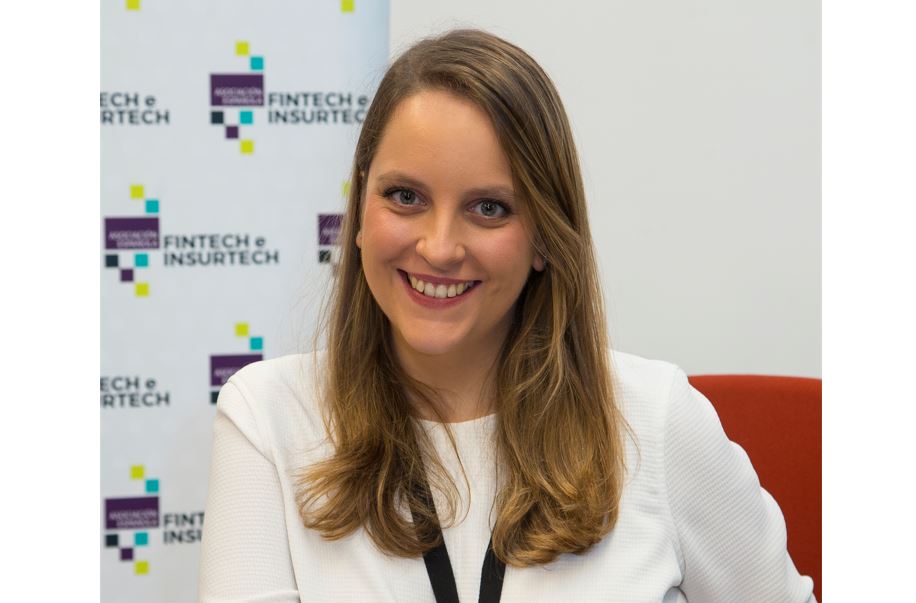The fintech sector as a driver for female entrepreneurship
The fintech sector as a driver for female entrepreneurship
With effort, tenacity and good work, women have broken many of the so-called glass ceilings in the field of entrepreneurship and we have taken the lead when it comes to betting on self-employment, a trend that has probably been accelerated by the pandemic, which It has been the definitive push for many people to embark…

With effort, tenacity and good work, women have broken many of the so-called glass ceilings in the field of entrepreneurship and we have taken the lead when it comes to betting on self-employment, a trend that has probably been accelerated by the pandemic, which It has been the definitive push for many people to embark on the adventure of entrepreneurship, making good that saying of “making a virtue of necessity”, and looking for the opportunities that such a complicated scenario in the labor market could offer.
Although we cannot deny that the entrepreneurial profile is still predominantly male, there are some studies that place Spain above the European average in terms of female entrepreneurship, with 9 women entrepreneurs for every 10 men, when the European average is 6 women every 10, according to data from the GEM Entrepreneurship Observatory.
Beyond the figures, it is true that the profile of the female entrepreneur in Spain corresponds to a highly prepared professional, in many cases with higher training than that of men, who also has a series of soft skills that allow enriching the value of companies, for their leadership capacity, correct conflict management and mentoring, which the current situation demands, in addition to a developed nose for identifying a business opportunity, key when deciding to undertake. Another key to moving forward is the fact that there are more and more examples of women who have succeeded in entrepreneurship, who can help others who want to follow the same path with their experience.
In any case, the reasons, doubts and barriers to betting on self-employment, in most cases, are common to men and women, once we are moving towards real equality of opportunities and improving work-life balance. . However, it should be remembered that the road ahead is still long and full of stones that can make us stumble, but also the flexibility in reconciling work life, the redefinition of the figure of the entrepreneur in recent years and the new business models, linked to technological innovation, are elements that are making it possible to improve the possibilities of women’s entrepreneurship.
From our experience in the fintech field, we can be optimistic, but without ignoring reality. At AEFI we have spent years analyzing the evolution of the role of women in the field of finetech and insurtech, and we find ourselves in a scenario where the growing majority of employees in the sector (two thirds) are women, with an average age of 38 years, and in the vast majority of cases they have a higher degree. But at the same time we find that only 1 out of every 10 euros of investment in companies is captured by companies founded by women.
Fintech is promoting the improvement of job opportunities, greater facilities to reconcile work with personal life, with respect to other sectors, which is an incentive for all those young women who are considering how to guide their future work. In addition, fintech companies are setting an example of how to apply real equality between men and women, betting on the qualifications and skills of each professional, regardless of their gender and family circumstances, as evidenced by the fact that almost two thirds hold senior management positions. within their organizations.
A day will come when we will not have to analyze the number of women who undertake or the percentage that holds positions of responsibility. That day we will be able to say that the real equality we are working on has been achieved.
Opinion forum of Leyre Celdrán is a business manager of AEFI (Spanish Association of Fintech and Insurtech) published in Women Follow


